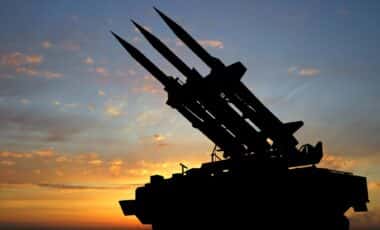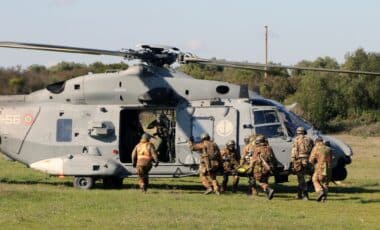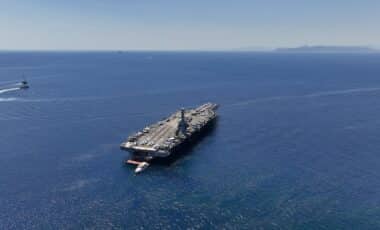Our Terraine Prize winner Sanders Marble – Senior Historian at the US Army Office of Medical History – wowed our WW1 Prize Fund judging panel, having ‘identified a major gap in literature on the Western Front’ with Operation Mars 1918.
Here, he explains what readers can look forward to in his newly-commissioned book, and how you can assist him with his research.
On 21 March 1918, the Germans launched Operation Michael, one of the most successful battles of the Great War. A week later, the follow-up on Mars (just to the north of the Michael front) was stopped in one morning, which begs the question: How did success turn into failure in a week? Or, how did the British stop the Stormtroopers?
Twenty years ago, when I was doing my dissertation research, I found that Douglas Haig had sent his artillery chief to visit the Third Army just before the Germans attacked. That made me curious and it’s taken years (more off than on) to dig out the pieces. The German story will come from some memoirs, but largely from a collection of material the US Army War College had copied in the German archives between the World Wars.
Many of the German units involved were Bavarian and their records were not bombed in the Second World War. A substantial number of German units also published histories, which should be revealing. British documentation is remarkably good. It’s easy to have good records of a one-day battle – you’ve got the thrill of victory to write about and the enemy didn’t capture your headquarters. So far, I haven’t found any personal diaries and I’d be grateful for any references from readers of this blog.
I hope this book sheds light not just on the battle of the 28th, but what factors were involved: how they were stopped on the 28th and why they were successful on the 21st. What were the differences? Were the British better, the Germans worse, or both?

The Operation Michael. German reserves marching forward along the Albert road, March 1918. (Credits: Imperial War Museum)
Certainly, British intelligence had warning of the German attack – that’s why Haig sent his artilleryman. But what other influences were at play? Terrain, weather, defenses, defenders, attackers, air support, better or worse planning… Of all these possible elements, I’ll try to tease out which made the most impact.
But this isn’t just going to be a dry weighing of factors; the core will be a battle narrative. Even if multiple factors favored the British, they could still have lost if the Tommies in the trenches had not fought hard. Their victory deserves to be told; it was a concrete step toward winning the war rather than having another chunk of the British line broken – leading to the Michael sector becoming re-energised.
This will be my first book about a battle, and that’s something I want to do. I think a military historian should write about a battle or campaign some time in their career. I’m glad I’ve written (and edited) thematic books on military history, but fighting (and being ready to) is at the core of what the military does, so I want to write about that.
Sanders Marble is author of various books on World War I and on Artillery, you can check out his books on Amazon U.K. or Amazon U.S.








